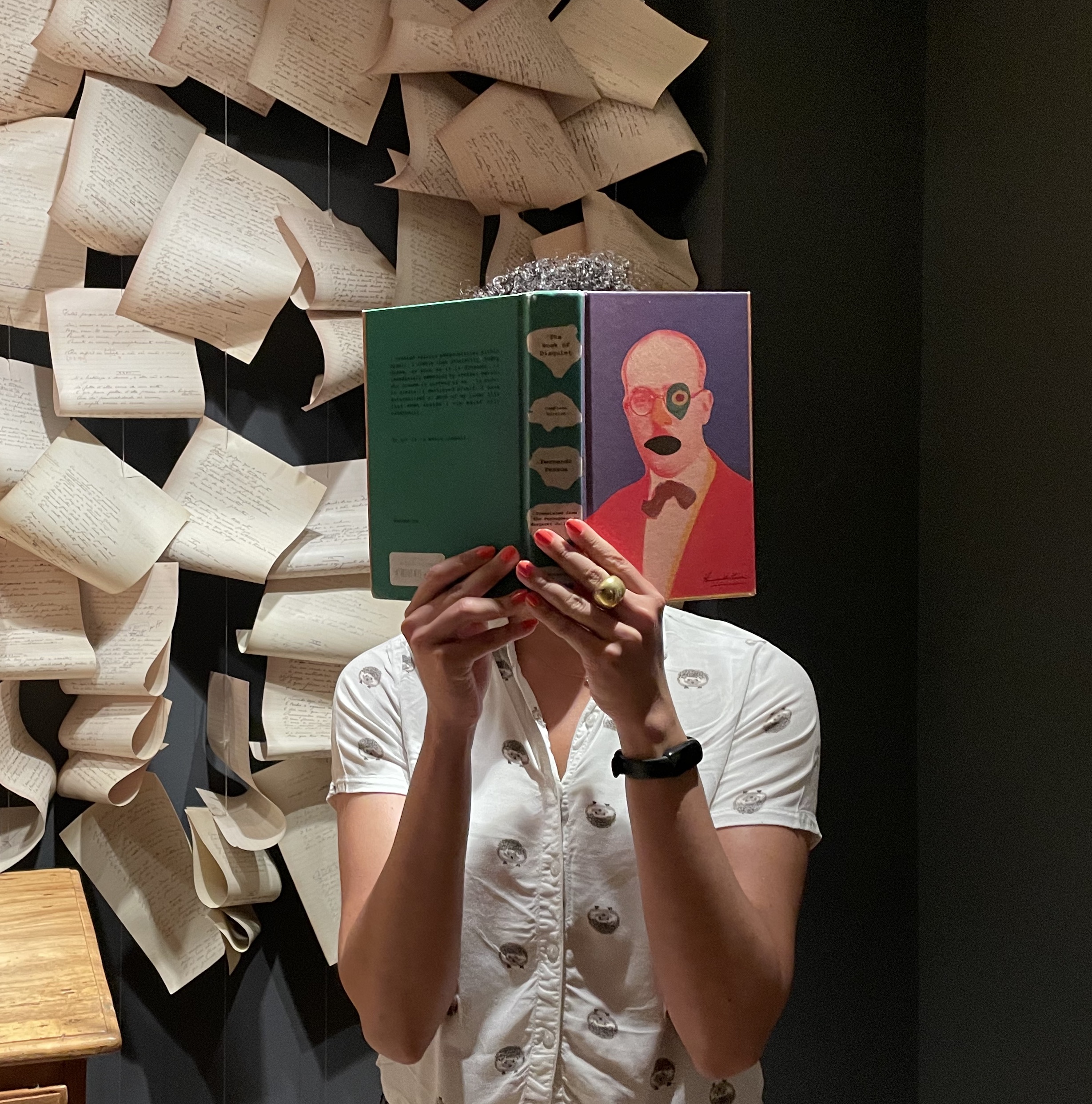He or she was hard-wired
to calculate
in nanoseconds, light years; to climb
summit to summit above
the squat mud settlements, and oversee
the pyramid poised on pyramid
of exponents stacked exponentially;
even to intrapolate
the condensed hadal incandescence of
the raging substrata of the sun.
For this was Earth’s first math prodigy, who made
but one solitary error, in time,
allying his gift to a species that had no word
as yet for three, for two, for one . . .
Antedating words, out-deepening words—the recognition
of pattern, repetition, a feel of design.
Sometimes it snows.
Sometimes it doesn’t. Sometimes everything
shifts forward, back. The river overflows
the bank sometimes, depositing a mark, a sign.
Clouds assemble, they disassemble.
Watch for: marks, signs. Watch: wind in the ferns. Rain
on the sand, pattering, patterning.
A snapped branch weeps, rich
resins, and we divine a world through want, and pain,
and a murked, associative notion—
vast as a teardrop, in which
sun and moon, dependent, tremble.
In Halle, Germany, somewhat later,
(a few eye-blinks later, a tiny shifting
of clouds later—but sufficient for the surfacing
of calendars, colleges), a nineteenth-century
professor, Georg Cantor, forever drifting
in and out of sanatoria, witnessed the set of real
numbers surpassing the naturals (it would seem
one limitless thing might out-reach another limitless thing).
And the firmament, sunder-struck, was riven to reveal
ascending orders of boundlessness, one greater
than the next, infinite diversity
of infinities, with One overseeing, conceiving all,
for Whom our globe’s a clay particle,
and the sun a backlit bubble on a stream.
It’s a hunger that finds no way—none—
to sate itself; you gaze and gaze, into the distance,
clouds presaging circles, angles, lines,
but no sound-shapes for circle, angle, line . . . They fascinate,
nonetheless, the dog-eager clouds, who fill and flow
and go, lunge and long, so like the designs
in your head, nights, storms, the unspun fantasy
of shelter opening on an otherworldly scale,
immenser than any cave, exclusively
lit by the constellations of the inner skull.
You walk erect beneath them. It’s home. You have no
home, but here you’d have it, were there one.
Were there one, you’d choose a variant existence,
but you have no choice: you choose to wait.
Brad Leithauser teaches at Johns Hopkins University. His most recent novel is The Art Student’s War.
Click here to purchase Issue 03




